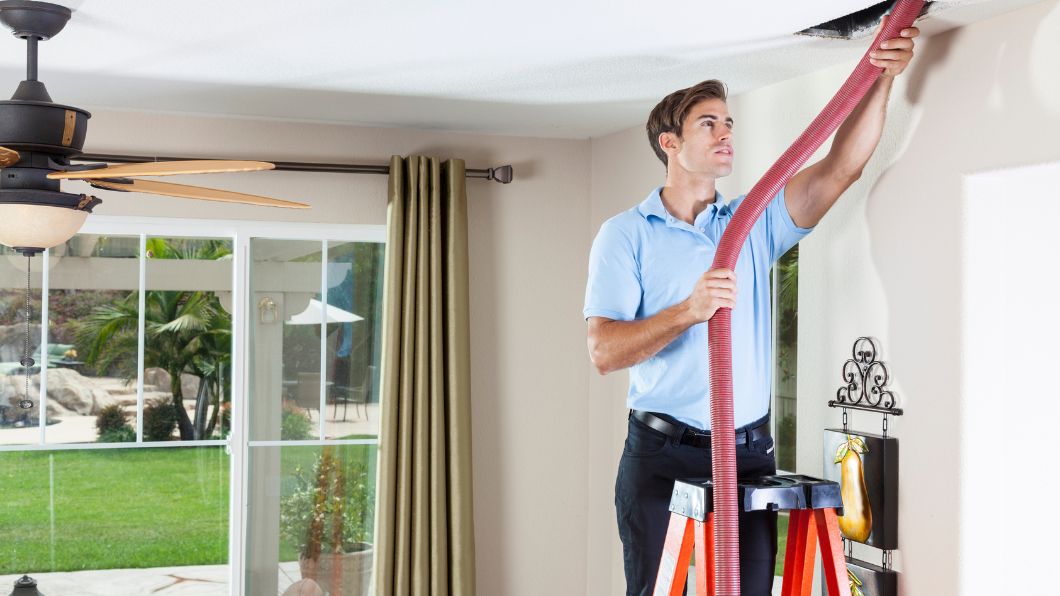In our quest for a healthy living environment, ensuring your home is allergy-free is paramount. Countless people face challenges related to allergies, which can significantly affect quality of life. Keeping your home allergy-free isn’t just about comfort; its about health. In this comprehensive guide, we dive into the essential strategies you can adopt to create a cleaner, healthier home.

Understanding Allergies and Their Impact
Before we delve into practical steps for keeping your home allergy-free, it’s crucial to understand what allergies are and how they impact our lives. Allergies occur when the immune system overreacts to certain substances, such as dust mites, pollen, or pet dander. The common symptoms include sneezing, itching, and in severe cases, asthma attacks. Understanding these triggers can help us take targeted actions to mitigate them.
Common Indoor Allergy Triggers
Many allergens lurk inside our homes. Common triggers include dust mites, mold, pet dander, and cockroach droppings. Additionally, volatile organic compounds (VOCs) from household cleaning agents can also exacerbate allergies. The first step in keeping your home allergy-free is identifying and understanding these allergens. For more insights on indoor triggers, click here.
Dust Mites
Dust mites thrive in warm and humid environments and feed on skin flakes. You can find them in bedding, upholstery, and carpets.
Mold and Mildew
Mold grows in damp areas such as bathrooms and basements. Ensuring proper ventilation can prevent its growth.
Steps for Keeping Your Home Allergy-Free
Regular Cleaning
Implement a regular cleaning schedule to reduce dust accumulation. Use a vacuum cleaner with a HEPA filter to eliminate allergens effectively. To learn about the impact of dirty air ducts, click here.
Use Allergen-Proof Bedding
Invest in allergen-proof covers for mattresses and pillows. Wash bedding regularly in hot water to kill dust mites.
Maintain Ideal Humidity Levels
Keep indoor humidity levels between 30% to 50% to inhibit the growth of dust mites and mold. A dehumidifier can be very helpful in achieving this.
Control Pet Dander
Ensure pets are bathed regularly, and keep them out of the bedroom to reduce pet dander exposure.
Clean Air Ducts
Clean air ducts regularly to prevent the circulation of allergens in your home. Learn more about the signs that your air ducts need cleaning here.
Avoid VOCs
Switch to low-VOC or VOC-free household products to minimize volatile organic compounds in your home.
Houseplants
Consider adding air-purifying houseplants to your home, such as spider plants and peace lilies, which can naturally improve air quality.
The Importance of Ventilation
Proper ventilation is critical in keeping your home allergy-free. Make sure you have sufficient exhaust fans in kitchens and bathrooms to vent out moisture and pollutants. Opening windows regularly can also help improve airflow.
Manage Outdoor Allergens
Taking measures to manage the entry of outdoor allergens is equally important. Keeping windows shut during high pollen seasons and using an air purifier with a HEPA filter can prevent outdoor allergens from affecting indoor air quality.
Professional Help
Consider hiring professionals for deep cleaning jobs, especially if you’re prone to severe allergies. Professional services can ensure thorough allergen removal around your home. To find out more about air duct cleaning, visit here.
Conclusion
Maintaining an allergy-free home is an ongoing task but achievable with the right strategies. By following these steps, you can significantly reduce allergen levels in your home, making it a safe haven for you and your family.

FAQs
How often should I clean my bedding to prevent dust mites?
It is recommended to wash your bedding at least once a week in hot water to eliminate dust mites effectively.
Can houseplants improve indoor air quality?
Yes, certain houseplants can help purify the air by absorbing pollutants, thereby improving overall indoor air quality.
Is air duct cleaning necessary for allergy prevention?
Yes, regular cleaning of air ducts is crucial to prevent the spread of allergens throughout your home. Learn more about allergy symptoms caused by air ducts here.
This article contains affiliate links. We may earn a commission at no extra cost to you.